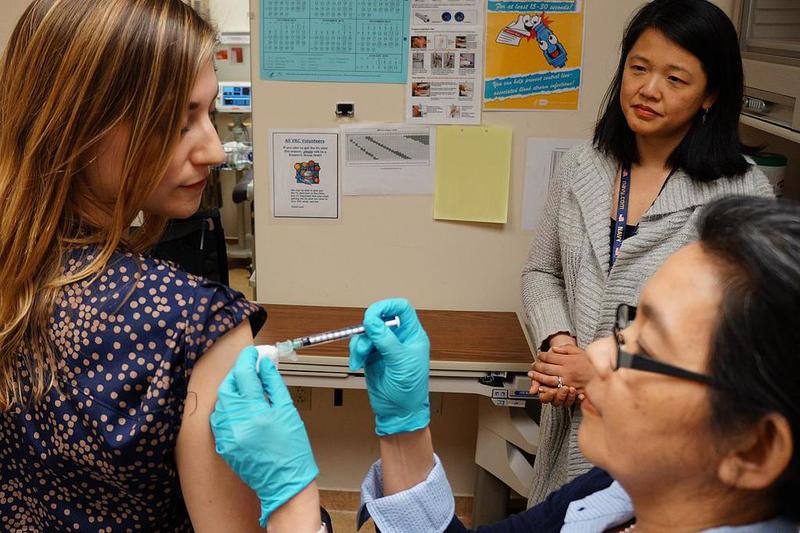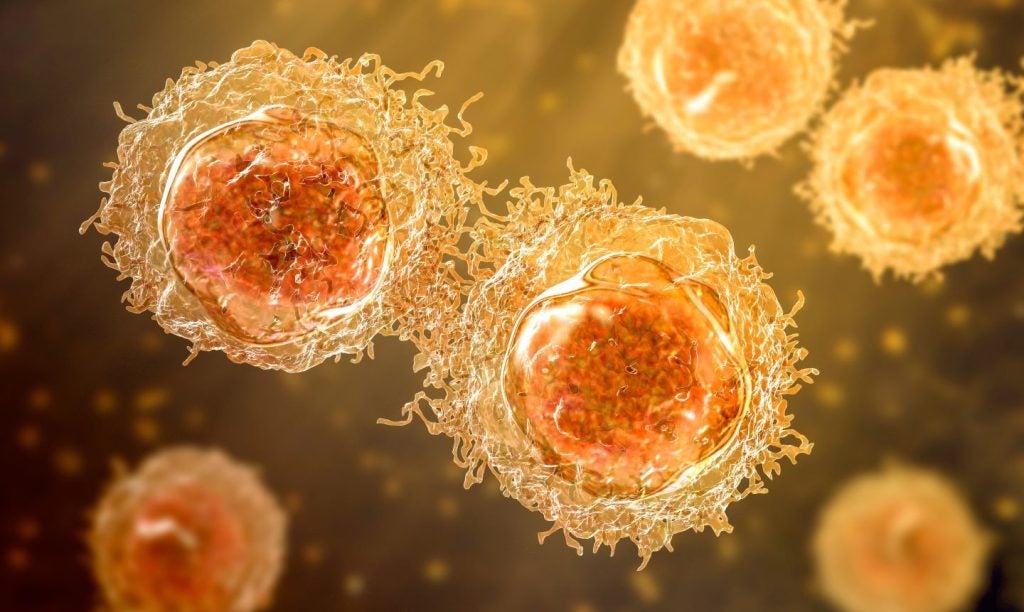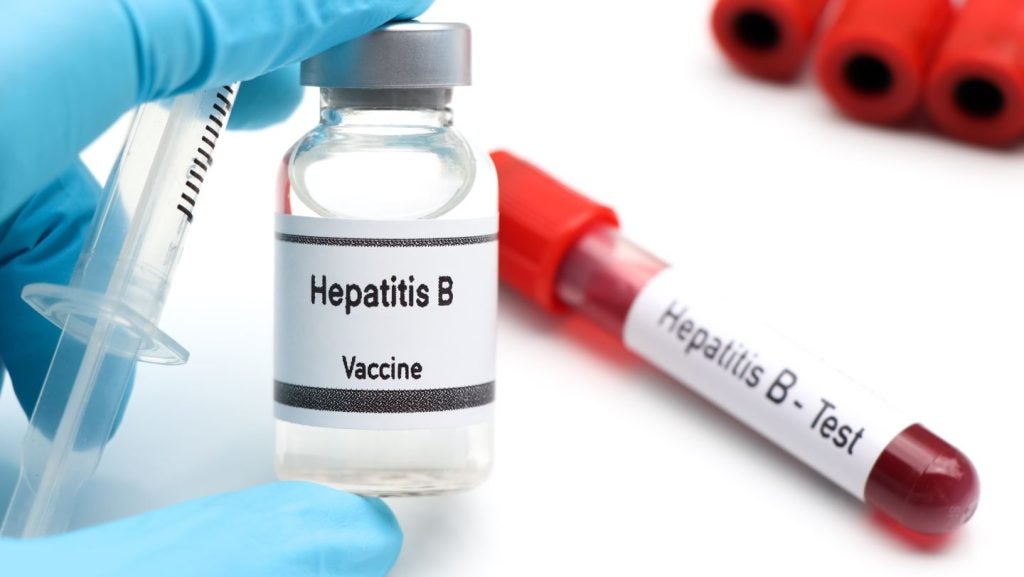
The US National Institutes of Health (NIH) has announced the launch of a Phase I clinical trial to evaluate universal influenza vaccine candidate H1ssF_3928 in healthy volunteers.
Researchers from Vaccine Research Center (VRC) at the NIH’s National Institute of Allergy and Infectious Diseases (NIAID) have developed the new vaccine prototype.
H1ssF_3928 comprises the stem cell region of the hemagglutinin (HA) influenza protein present on a microscopic nanoparticle made of nonhuman ferritin.
Ferritin forms particles exhibiting multiple influenza HA spikes and imitating the natural structure of the protein on the influenza virus.
As the stem region of the HA protein is known to be more constant among influenza strains, the researchers expect that the new vaccine will not require an update each season.
How well do you really know your competitors?
Access the most comprehensive Company Profiles on the market, powered by GlobalData. Save hours of research. Gain competitive edge.

Thank you!
Your download email will arrive shortly
Not ready to buy yet? Download a free sample
We are confident about the unique quality of our Company Profiles. However, we want you to make the most beneficial decision for your business, so we offer a free sample that you can download by submitting the below form
By GlobalDataTargeting the HA stem without affecting its head is predicted to trigger a broader and longer-lasting immunity.
The vaccine candidate is designed to train the body in generating immune responses against multiple influenza subtypes.
Being performed at the NIH Clinical Center in Bethesda, Maryland, the Phase I trial will assess the vaccine’s safety, tolerability and ability to trigger an immune response in approximately 53 adults.
A single 20mcg of the experimental vaccine will be administered intramuscularly to a group of five participants aged 18 to 40 years.
The remaining 48 participants will be enrolled into four groups of ages 18 to 40 years, 41 to 49 years, 50 to 59 years and 60 to 70 years. These subjects will receive two 60mcg vaccinations with a gap of 16 weeks in between.
The aim of the study is to evaluate the participants’ immune responses to the vaccine candidate across different age groups, and the possibility of their prior exposure to different influenza variants.
NIAID Director Anthony Fauci said: “Seasonal influenza is a perpetual public health challenge, and we continually face the possibility of an influenza pandemic resulting from the emergence and spread of novel influenza viruses.
“This Phase I clinical trial is a step forward in our efforts to develop a durable and broadly protective universal influenza vaccine.”
The trial is expected to complete enrolment by the end of this year and report data early next year.







